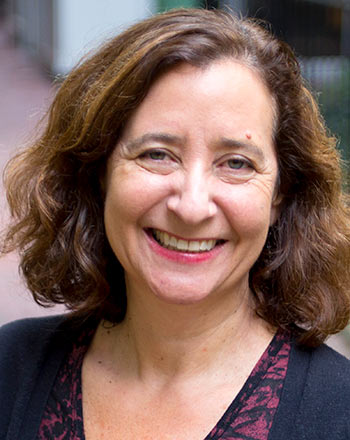
Elisa New (Powell M. Cabot Professor of American Literature, Department of English, Harvard University; Director, The Center for Public Humanities, Arizona State University)
October 3, 2023
This webinar will invite participating teachers to explore teaching topics about health justice in the ELA or history classroom. Reading Martín Espada’s lyric reminiscence on work in a legal pad factory alongside Herman Melville’s diptych on New England mill girls, we will investigate the ways lyric poetry may not only engender student empathy and agency, but also historical curiosity. Was paper always dangerous to produce? Is it still? Whose physical suffering are we disregarding when we make economic choices?
As we probe the history of the paper manufacturing industry, dramatic readings by actor John Turturro, Martín Espada, historian Jill Lepore and others will allow us to explore the power of voice; archival facsimiles of Melville’s first magazine publication of “The Paradise of Bachelors and the Tartarus of Maids,” permit us to examine the power of print.
Webinar Resources
Before the live webinar please be sure to review the required resources.
The materials for this webinar include a facsimile of the original 1855 publication in Harpers of Herman Melville’s “The Paradise of Bachelors and the Tartarus of Maids,” and a poem, accompanied by video readings and commentary, by contemporary Puerto Rican-American poet and former attorney, Martín Espada. Melville’s fictional diptych pairs scenes of 19th-century male intellectual privilege in London with female economic deprivation in industrial New England, raising questions about how unacknowledged labor results not only in products, but also particular lifestyles. Similarly, Espada’s poem draws together the poet’s experience as a teenage paper factory worker, with his later experience in law school, reminding readers that industrial products are made by real human hands.
The variety of formats shared in this webinar (original print publication, transcription, video performance, and video interpretation) invite participants to reflect also on the relation between medium and message.
- Espada, Martín. “Who Burns for the Perfection of Paper?” In City of Coughing and Dead Radiators. New York: W. W. Norton & Company, Inc., 1993.
- Espada, Martín. “Who Burns for the Perfection of Paper.” Vimeo Video.
- Melville, Herman. “The Paradise of Bachelors and the Tartarus of Maids.” Harper’s New Monthly Magazine, April 1855, 670–78.
- “Shirt.” Poetry in America. Directed by Elisa New. March 31, 2018. Streaming Video.
- Turturro, John. “Who Burns for the Perfection of Paper” by Martín Espada. Vimeo Video.
Subjects
Literature / Education Studies / Poetry / Health Equity / Paper Industry / Writers /
Rights

This work is licensed under a Creative Commons Attribution 4.0 International License.